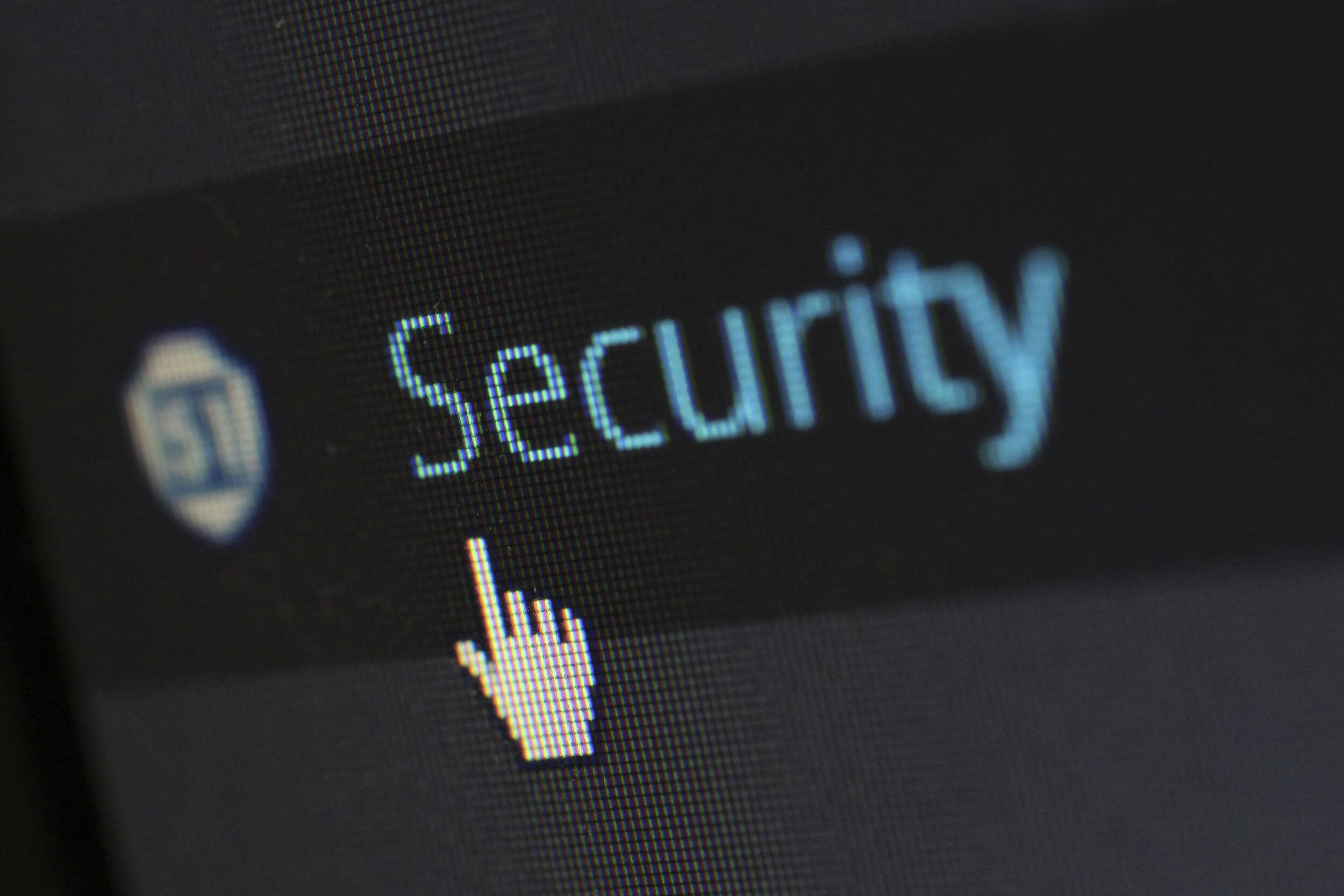
Online casinos are everywhere these days. Either you’re a sparkly poker app you saw stickered on during a YouTube commercial or your friend just casually mentioning how they hit a jackpot on a blackjack site last weekend, the world of online casinos is no longer on the fringe. It’s mainstream.
And yes, playing the virtual slots in your underwear does sound like a blast, and to be honest, kinda is, there’s a less-sexy side of this online gold rush we just have to mention: online privacy and security.
The online casino boom, briefly
Online casinos are booming, and no, it’s not hype. A combination of variables is driving this growth: Increased smartphone use, an increasing number of countries relaxing betting laws, pandemic years of isolation pushing people into cyberspace, and the rise of crypto betting. Sites are simpler to access, more user-friendly to navigate, and a great deal more inviting than they once were. Furthermore, sites like Vegas Slots Online makes it easy for people to compare operators offering an online casino bonus, making it easier to navigate the large selection of online casino operators.
But with great popularity comes great risk, and that’s where our privacy and security conversation comes in.
Online gambling = A hacker’s paradise?
Online casinos handle a ton of sensitive information like full names, home addresses, credit card numbers, bank details, and in many cases, crypto wallet info. If you’re using a platform that also requires some form of ID verification, which most reputable ones do, you’re handing over even more personal data. From a hacker’s perspective? That’s a jackpot.
Cybercriminals are constantly looking for places that are rich in information, and online casinos are a jackpot in that regard. According to reports from a number of cybersecurity firms, attacks on gambling platforms have risen dramatically over the last two years. Phishing campaigns, account takeovers, data breaches, and malware injections are all on the upswing.
Why are online casinos so vulnerable?
It’s not that all online casinos are irresponsible. Many of them are investing in good firewalls and encryption users’ data. The problem is, all casinos aren’t created equal. While some of them follow the best security standards, others are literally held together by digital duct tape.
Plus, many players aren’t thinking about cybersecurity when they’re focused on doubling their chips. A lot of users recycle passwords, use public Wi-Fi to log in, or skip reading the privacy policies. Combine that with a shady operator or a weak platform, and you’ve got a recipe for disaster.
Online casinos track far more than your bets. Some of it is utilized to improve user experience or to keep fraudsters out, but it also can be sold to third parties or used to target ads to you. In jurisdictions with loose data protection laws, your data can end up anywhere because many online gambling websites in certain jurisdictions don’t have strict requirements for how they handle your data.
What can you really do about it?
All right, so what do you do now? If you’re gonna play, you may as well play smart. Here’s how:
- Be cautious when using licensed platforms. Make sure the casino operates under a legal jurisdiction (i.e., Malta, the UK, or Gibraltar). Look up user reviews and third-party auditing.
- Use strong passwords. Don’t use your Netflix password on an online gaming website. Use a password manager if you have to.
- Activate two-factor authentication (2FA). If a platform offers it, use it. It is among the easiest to keep intruders out.
- Read the privacy policy. Yes, it’s boring. But knowing some idea of what data is being collected and how it is being utilized is important.
- Use a VPN. This adds a layer of encryption and can help hide your IP address, making it harder for someone to track your activity.
- Consider cryptocurrency. There are gamers who prefer to play with cryptocurrencies like Bitcoin or Ethereum because they offer more anonymity and reduce the need to give up banking information. Just be sure that crypto itself poses risks.
The bottom line
Online casinos aren’t disappearing. They’re fun, flashy, and further embedded in our digital lives. But the wagers aren’t just on the cash you wager – it’s your information, your privacy, and your online persona on the line.
So, if you’re wagering online, treat your security like your chips: protect it aggressively, and don’t wager on what you can’t afford to lose. Be smart out there, and let the odds always be ever in your (safe) favor.